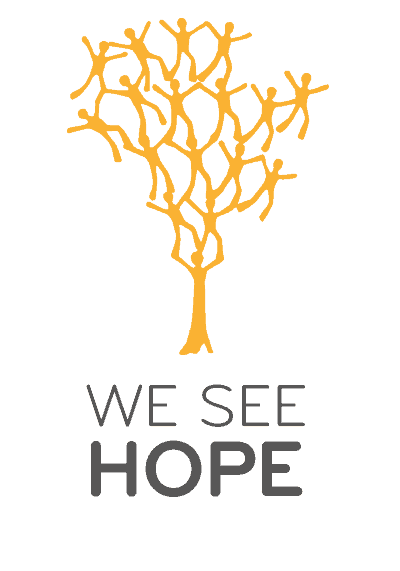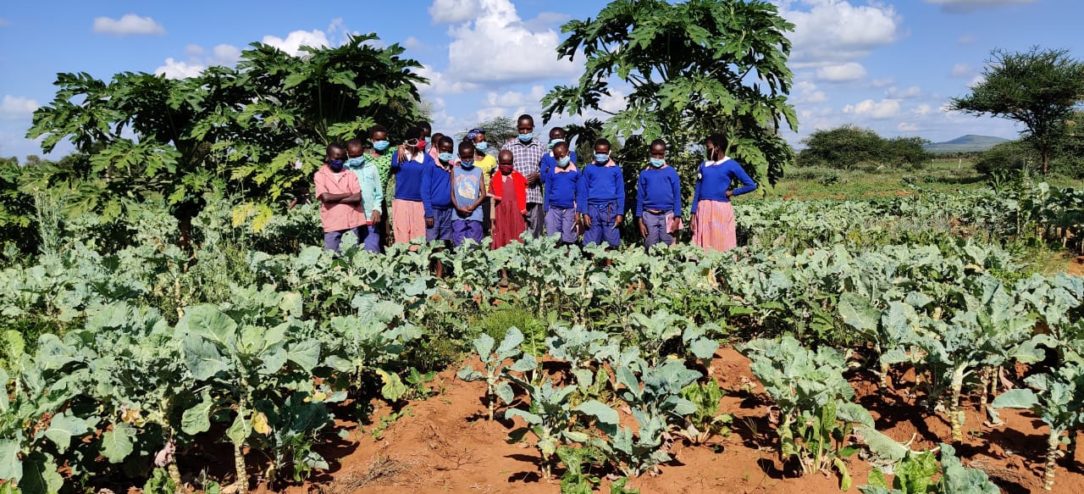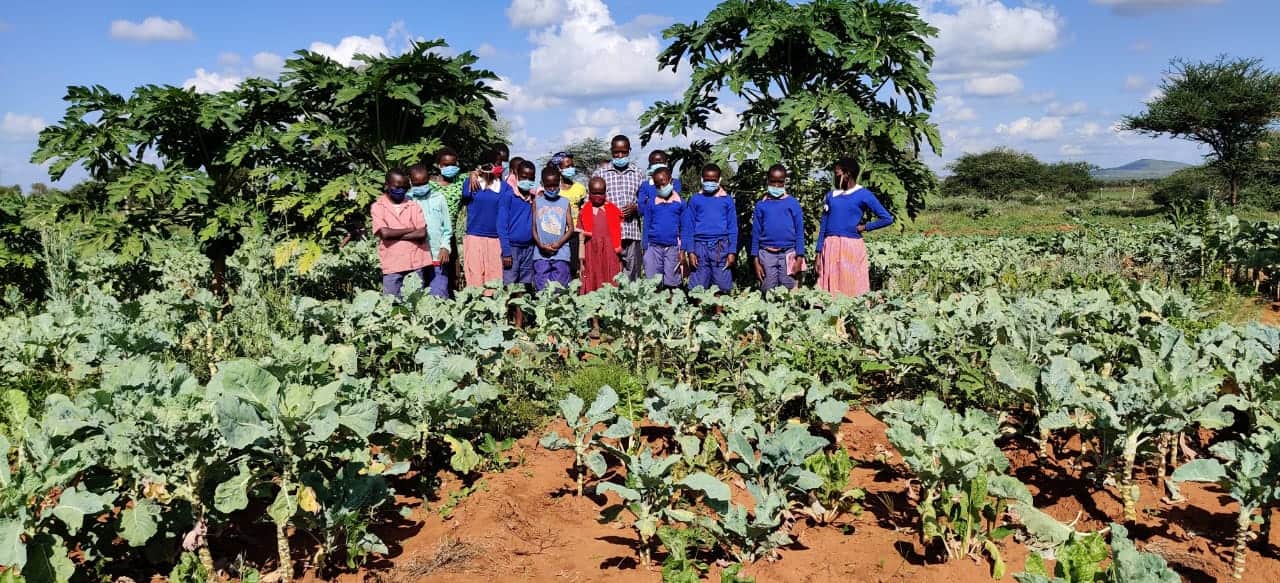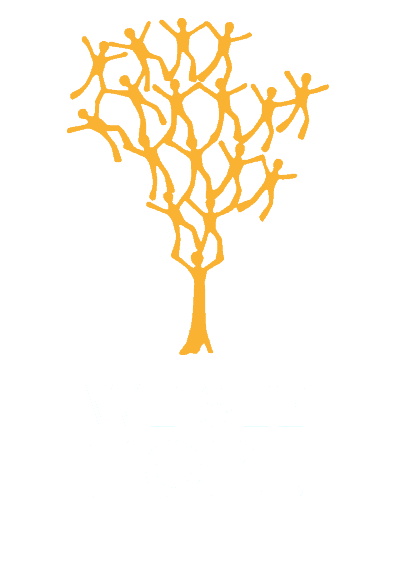As of May 2021, the number of reported deaths in Africa is 124,000, which is less than 4% of the global total. This, the World Bank has noted, is due to “the region’s early and decisive measures to contain the spread, but also a likely result of a youthful population (on average 40% is younger than 15) and lower urbanization rates (around 34%).”
However, these numbers may be a significant underestimate and there is growing concern about variants and vaccination roll outs. The Africa Centres for Disease Control and Prevention recently warned that India’s outbreak was a reminder that Africa must stay vigilant; “We do not have enough healthcare workers, we do not have enough oxygen.” As it stands, Africa is the least vaccinated continent. Globally, 150 doses of the vaccine have been administered per 1,000 people, but in sub-Saharan Africa, it’s about eight doses per 1,000 people.
WHAT IS HAPPENING IN THE COUNTRIES WHERE WE WORK?
In the five countries where we work, the situation is fluctuating:
- Kenya is coming out of a third wave, during which lockdown measures were put in place in Nairobi and four surrounding counties. These were lifted at the beginning of May but it is still among the top five African countries reporting new cases and deaths.
- Malawi was in lockdown in January and February following a spike in cases that threatened to overwhelm the health system, but these are now reportedly very low.
- At the beginning of May, Tanzania’s new President, Samia Suluhu Hassan, announced new measures to prevent the importation of new variants. There are still no reliable statistics on cases or deaths in Tanzania as the previous leader, John Magufuli, stopped releasing them in May last year.
- This month, the Ugandan government has imposed restrictions on travel from India and warned that cases have been gradually rising, which is a cause for concern.
- In Zimbabwe, the government introduced strict lockdown measures when cases peaked in January. These were lifted in March allowing businesses to fully reopen after the rate of reported new infections slowed.
As the pandemic draws on, the socio-economic consequences are having an extremely negative impact, particularly on low-income households, women and children. Recent reports include:
- Food insecurity in Zimbabwe – The March – July 2021 FAO-WFP Early Warnings on Acute Food Insecurity report highlighted that food prices in February 2021 were still 35% higher than the year before. “These conditions are expected to constrain households’ economic access to food for the outlook period.”
- Child pregnancies in Malawi and Zimbabwe – In the April Country Annual Results Report by UN Malawi, it was noted that one of “the visible effects of the pandemic in Malawi was a spike in child pregnancies, unveiling the extent of sexual and gender-based violence, which resulted in 40,000 reported child pregnancies and 13,000 child marriages.” Zimbabwe’s government says nearly 5,000 teenage girls became pregnant in January and February, and 1,800 entered early marriages during the same period.
- Gender-based violence in Kenya – There has been a sharp rise in gender-based violence in Kenya with cases targeting women and girls – including rape, child marriage and murder – rising 36% in 2020 from a year earlier.
WHAT IS WESEEHOPE DOING?
Following disruptions to our program delivery in 2020 due to lockdowns in the countries where we work, we are so pleased that since the start of 2021 they have been running at full capacity. All activities are taking COVID-19 prevention measures into account, including social distancing, hand washing and face mask wearing.
Together with our partners, we are working with communities and households to:
- Help parents and guardians set up or diversify businesses through our Village Investors Program (VIP) so they are able to earn an income, ease financial pressures in their households and build economic security.
- Teach new income generating skills, including the making of face masks and soap to improve COVID-19 prevention measures, as well as enhancing those already in place.
- Strengthen child protection structures through existing program community volunteer networks, so children who are at risk of abuse or who have dropped out of school are identified and supported.
Pictured below are members of Child Rights Clubs in Busia and Loitokitok, recently visited by our Kenya Country Manager, Shadrack. The club in Busia are in their food gardens where they are growing kales and paw paw trees, which produces a very sweet fruit that fetches a lot of money in the market. The club is using the income from their farming to pay for school costs and uniforms for children who cannot afford them in their community.
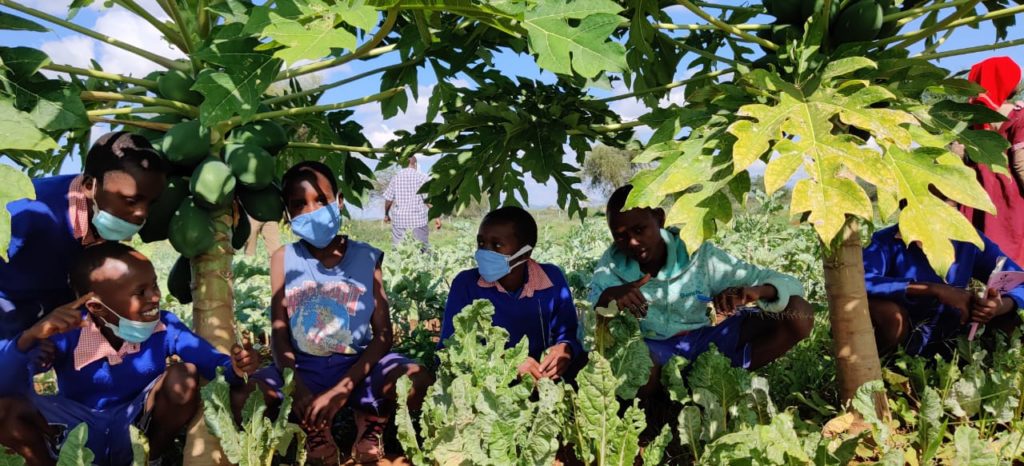
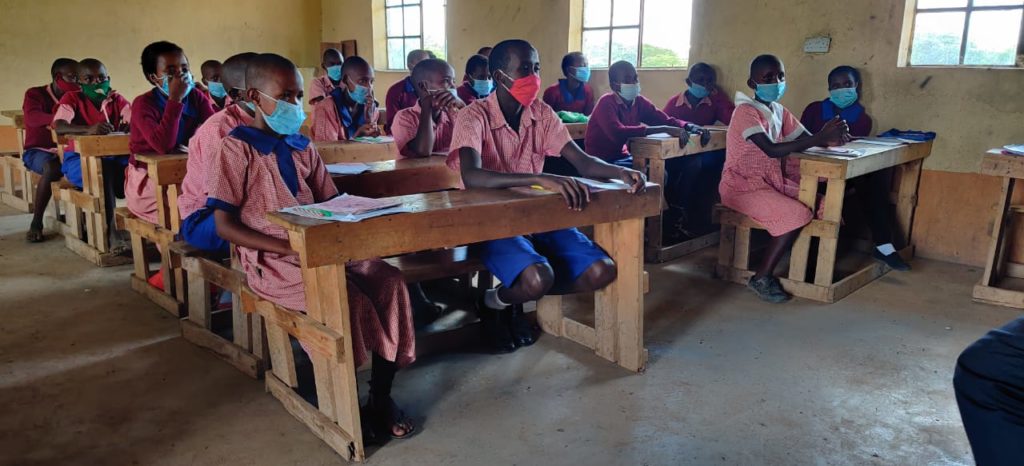
After his visit, Shadrack noted: “When I went to visit the Child Rights Clubs in Busia and Loitokitok in March, the number of cases of child pregnancy was very low and even the girls who got pregnant were still at school. Harnessing community structures such as the Community Child Rights Ambassadors has become an integral part in the fight against child abuse. Awareness raising and teaching children and their parents about child rights has been attributed to the few cases experienced.”
We will continue to keep you updated in the coming months with more regular updates and information. In the meantime, thank you so much for your ongoing support.

MAKE A DONATION
If you can help in any way, either by making a donation – big or small – or, if your circumstances allow, setting up a regular gift, we would be so grateful.
$13
could help a community access clear, factual and updated information about COVID-19.
$40
could teach a Kids’ Club how to make face masks from low cost and locally available materials.
$75
could train a health task force set up through our Kids’ Club Program to make ‘tippy-tap’ hand washing stations, face masks and soap.
